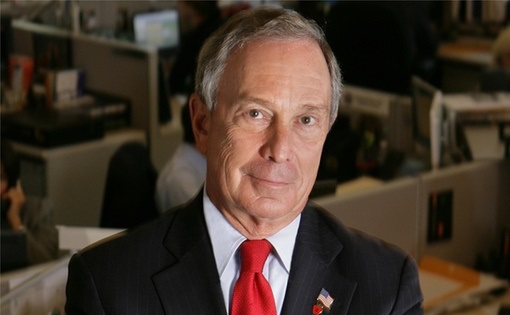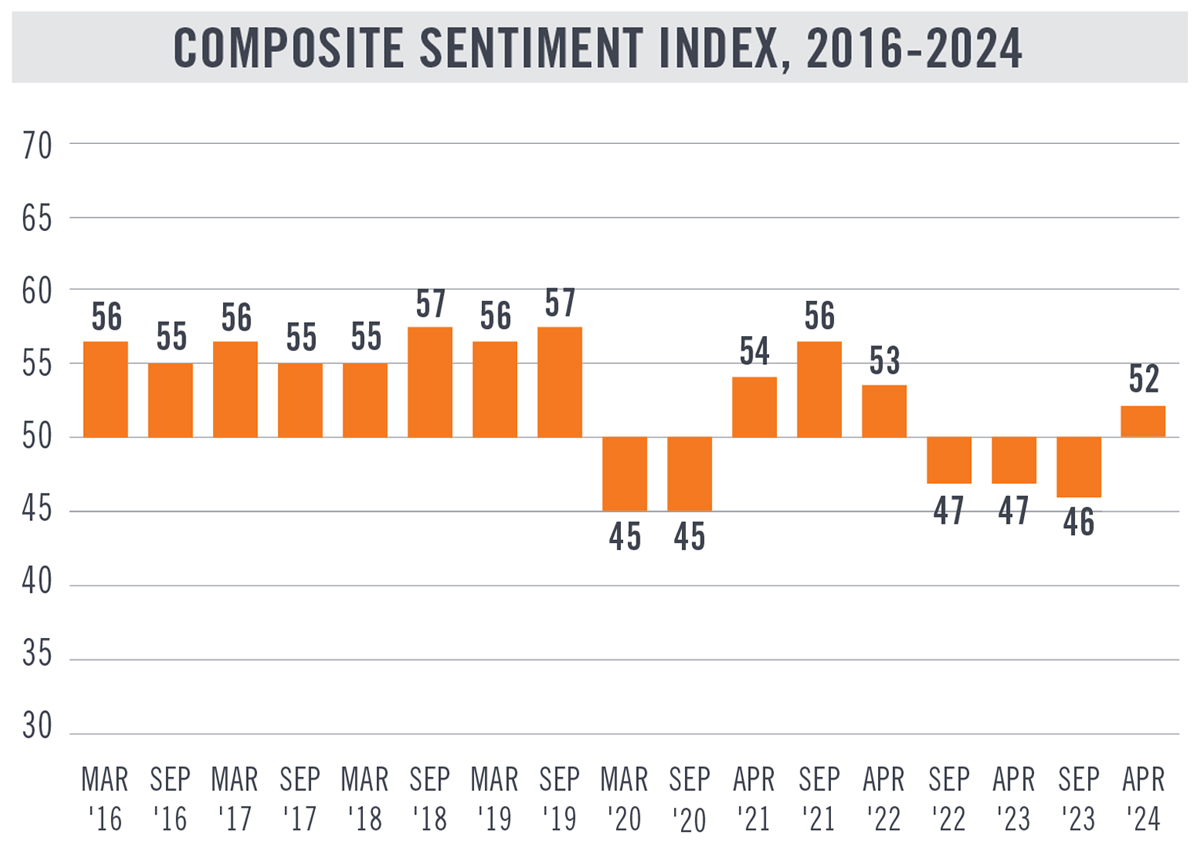RE World Wants Next NYC Mayor to Keep Bloomberg Policies in Place
According to speakers on a Newman Institute panel titled “New York’s Next Urban Agenda,” the impact on real estate of Mayor Bloomberg’s 12 years in office has been broad and sweeping: 37 percent of the city has been rezoned, and it has added new stadiums and luxury housing along the Williamsburg and Queens waterfronts.
By Keat Foong, Finance Editor
Speakers at a forum recommending policies for the next Mayor of New York City said that the city’s competitiveness in the global market would be better served if many of Mayor Michael Bloomberg’s policies are preserved.
The forum, “New York’s Next Urban Agenda,” was sponsored by The Steven L. Newman Real Estate Institute of Baruch College.
Jack Nyman, executive director of The Steven L. Newman Institute, said that the impact on real estate of Bloomberg’s 12 years in office has been broad and sweeping: 37 percent of the city has been rezoned, stadiums have been built, and luxury housing has been developed along the Williamsburg and Queens waterfronts.
The new Mayor has to maintain the momentum of Bloomberg initiatives, and keep the city on the forefront of innovation, said keynote speaker William Rudin, vice chairman and CEO of Rudin Management Co. Inc. He said the city has to continue innovating and investing in infrastructure as those are the keys to growth, and that “it is incumbent on us” to ensure that the next Mayor will pursue policies that ensure that the economy continues to expand.
The next Mayor should continue the initiatives set forth by the Bloomberg Administration in the areas of housing, infrastructure, education and climate change, said Lance Jay Brown, 2014 AIA New York Professor and SCSA Distinguished Professor of Architecture.
The challenge for the next Mayor is to sustain the infrastructural changes in charter school reform that Bloomberg has installed and not back down or back pedal on the reform effort, said Merryl H. Tisch, chancellor of the New York State Board of Regents. Tisch said the City needs to negotiate municipal contracts in such a way as to allow it to move forward without “economically damaging its future.”
On the other hand, some forum participants also pointed to income-inequality, lack of affordable housing, and deep challenges that remain for New York City. Nyman warned that the City needs to retain its middle class, and not become a city containing “condominiums that are intermittently occupied by the super rich.” A thriving middle-class, he said, is the economic engine of any city.
Nyman noted that much remains to be accomplished in affordable housing, and aging infrastructure and public housing are in dire need of investment.
“Every 25-year-old in the world” wants to be in New York City, but “we are making it tough for them to be here,” said Robert D. Yaro, president, Regional Plan Association. For every affordable housing unit that has been created, three to four units have been lost through attrition in subsidized housing, said Yaro.
Half of the city consists of a diverse population, said R. Donahue Peebles, entrepreneur, chairman and CEO of The Peebles Corp. The housing needs of these populations have to be addressed as well; otherwise, real estate development will serve a shrinking number of people.
The agenda for the new Mayor should be to narrow the income disparity, said Peebles. The income inequality is “not good for New York City” and it is “not good for the country.”
He suggested that affordable housing requirements should be increased to 50 to 60 percent. And the doors of opportunity should be opened for an emerging class of developers in the outer borough who can serve the demand for affordable and low-income housing.
Chancellor Tisch suggested that there will be pressure on Mayoral candidate Bill De Blasio, if he wins the election, to make good on his progressive campaign rhetoric. But she noted that in the end, de Blasio will be judged by the business community on what he does, not what he says.








You must be logged in to post a comment.